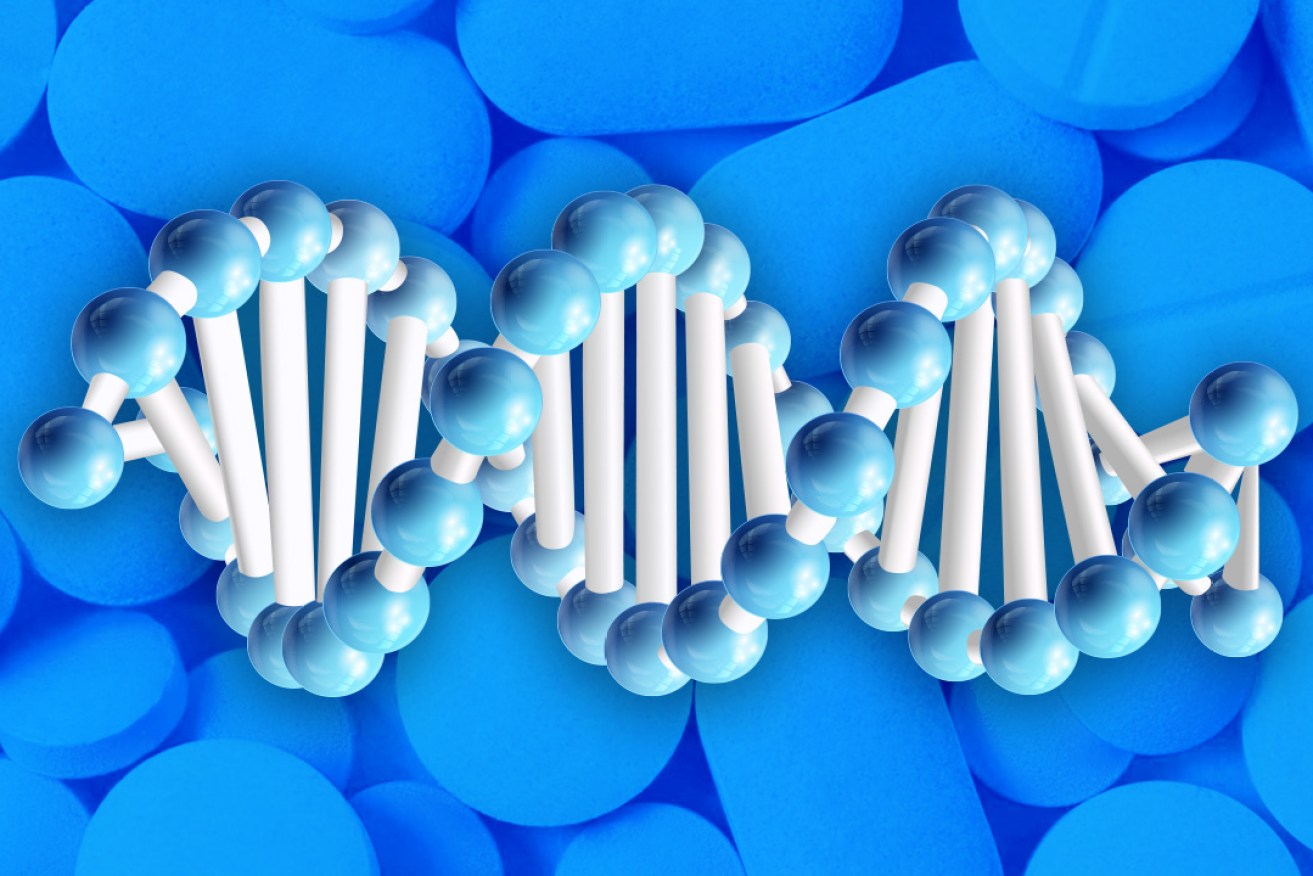Antidepressants under the microscope in SA research
A new genetic test aims to give clarity to half the population who cannot effectively process some of the most commonly prescribed antidepressants.


SAHMRI is looking into how genetics impact the effectiveness of antidepressants.
South Australian Health and Medical Research Institute (SAHMRI) researcher Dr Martin Lewis is enrolling patients in a study to see whether they’re genetically incompatible with common antidepressants.
A number of antidepressant medications are processed by a protein called CYP2D6, and Dr Lewis says some people might not have the gene that produces this protein while in others it can be non-functional or abnormal.
According to the researcher who specialises in neuropsychiatry, 40 per cent of the population process the protein slower than usual or not at all, while 10 per cent metabolise it too quickly which can result in medications not being effective.
Medications that are processed by CYP2D6 include Elavil (amitriptyline), Anafranil (clomipramine), Cymbalta (duloxetine), Silenor (doxepin), Prozac (fluoxetine), Luvox (fluvoxamine), Paxil (paroxetine), Zoloft (sertraline), Remeron (mirtazapine) and Effexor (venlafaxine).
Pain medicines like codeine and oxycodone, as well as a variety of antipsychotics and cancer drugs are also processed by the CYP2D6 enzyme.
The research is intended to find out more about this protein and the gene that produces it with the hope of improving treatment and minimising side effects.
Considering the cost of genetic testing, Dr Lewis says most GPs simply prescribe antidepressants without checking to see if patients have the gene that produces CYP2D6.
“Most antidepressants are given by GPs who just guess or pick their favourite one – it’s got nothing to do with the patient,” Dr Lewis told InDaily.
“It would cost about $200 to get a test to know which ones you shouldn’t be on and which ones you should make an informed selection from.”
Dr Lewis says advancements in technology mean the new genetic test sequences one’s entire gene, and can tell what was inherited from either your mother or father.
Previous studies using old genetic tests found that up to 25 per cent of people in clinical studies were not on the medications that they should have been on.
“It’s even worse than that because the current tests that find that information are only testing a subsection of the genes that could demonstrate it is incompatible with what they’ve been prescribed,” Dr Lewis said.
“Probably half of the prescriptions don’t work very well to the extent that not only does it not remove symptoms but they also have negative side effects.
“You end up with negative side effects for a drug that’s not doing what it was supposed to do because you’re not compatible with it.”
The researcher is also advocating that doctors should conduct genetic tests on patients prior to prescribing antidepressants.
“There are a few advantages of doing that because genetics are like a blood group – they’re not going to change; any new drugs or any other drugs that apply to that, you’ll always have that knowledge,” he said.
“If someone is treatment resistant, they’re clearly the first ones you want to test.”
There are limitations in Australia for genetic testing that exist to protect vulnerable populations, but Dr Lewis said many people were opting into the research.
“First Nations people have carefully guarded who can do genetic testing because there’s been enough fairly nasty experiments in the past,” he explained.
“But increasingly, a huge number of people have gone out and been genetically tested anyway.
“Some GPs say it’d be fantastic if someone could guide patients because they’ve got a group that these drugs just don’t work in. We don’t tell them what to prescribe, but we can list which drugs you shouldn’t use or which people will need a higher or lower dose.”
Dr Lewis is currently looking to enrol 100 people that are currently or were previously on antidepressants for the SAHMRI trial aged between 18 and 75.




